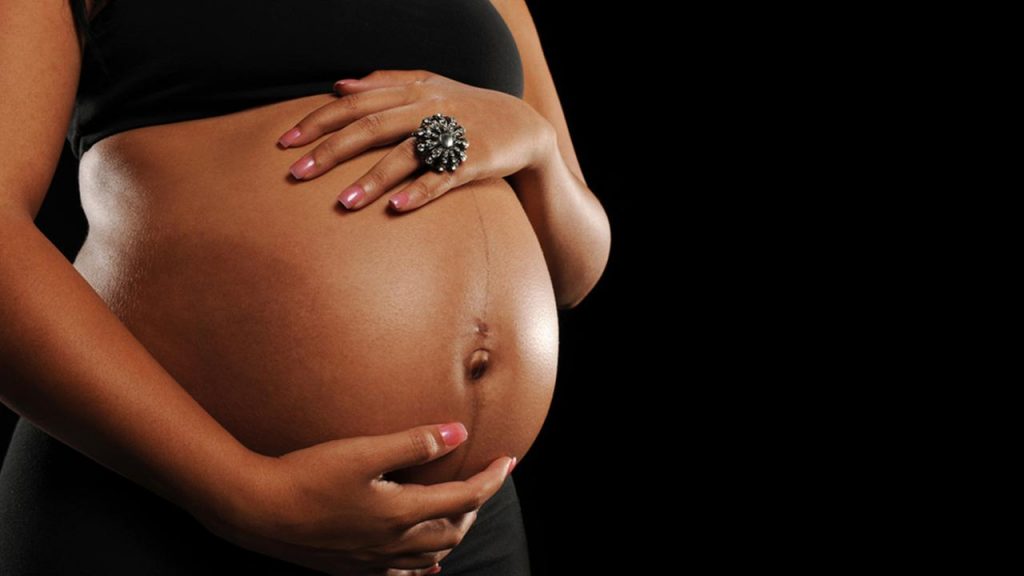
Pregnant women are showing poor outcomes once they get infected with Covid-19, with doctors raising the alarm over the increased risk of maternal, foetal, and neonatal complications.
Experts are now saying that it could be time to consider vaccinating pregnant women because the benefits seem to outweigh the risks.
Kenya Obstetrical and Gynaecological Society (Kogs) council member and the chairman of Central branch, Dr Simon Kigondu, said pregnant women are now increasingly admitted with severe Covid-19, with many in intensive care (ICU).
The gynaecologist at the Murang’a Level Five Hospital said some women have lost their babies and the society is now recommending pregnant women to get the Covid-19 vaccine.
Pre-term birth
“They are at an increased risk for pre-term birth and we are seeing a trend towards increased bad outcomes for women with Covid-19.”
“This is because the immune system is far from inactive in pregnancy and the really significant immune response to the infection has the potential to cause complications,” he said. Hospitals are increasingly raising the alarm on the number of expectant mothers in intensive care rising steadily in recent months.
The Nairobi West Hospital has expressed concerns over the number of pregnant women admitted to its Covid-19 isolation unit, with most admitted to the ICU, saying the trend is worrying.
Dr Saudah Farooqui, a gynaecologist at the Nairobi West Hospital, said in just one month, 10 pregnant women with Covid-19 have been admitted to the ICU.
Four of the patients have had to deliver through Caesarean section this past week, with two of them far from their due dates.
Very alarming
“I have not seen a high number like this among pregnant women, it is very alarming. We have had to give the women steroids to mature the babies’ lungs so that they can have them deliver earlier than their due date, once they deliver, we see the mothers’ breathing improve,” she said.
She explained that Covid -19 strikes the lungs and the cardiovascular system, which are already strained in pregnancy.
Respiratory viruses pose a great risk to pregnant women because their lungs work harder than usual. When a woman is pregnant, the uterus pushes against the diaphragm, reducing the lung capacity, and taxing the oxygen supply divided between mother and foetus.
Pregnancy also compromises the immune system so that the baby is not harmed, making the woman more susceptible to complications from an infection.
“As the uterus grows, there is less and less room for the lungs. That’s why pregnant women often feel short of breath. And that affects your pulmonary function,” said Dr Farooqui.
Dr Kigondu said that although currently, only the attending doctor waives the risks of the Covid-19 vaccine and the potential effects on the pregnancy, bad pregnancy outcomes in patients with Covid-19 may force gynaecologists in the country to recommend vaccination for pregnant women, as in countries such as Israel.
“Pregnant women are at greater risk of serious illness if they get Covid-19 and now we are seeing that giving the vaccine could be the best way to keep mother and baby safe,” he said.
He said the society is now referring to the International Federation of Gynecology and Obstetrics (Figo) recommendations on Covid-19 vaccination for pregnant and breastfeeding women.
Severe illness
The professional organisation that brings together obstetrical and gynaecological associations from across 132 countries says pregnant women are at increased risk of severe Covid-19-associated illness compared to non-pregnant women. Pregnant women require hospitalisation, ICU admission, mechanical ventilation and some have died.
This, they state, is a good enough reason to prevent critical Covid-19 infection for both the mother and her foetus.
Figo considers that there are no risks – actual or theoretical – that would outweigh the potential benefits of vaccination for pregnant women and supports offering Covid-19 vaccination to pregnant and breastfeeding women.
On its site, it says: “Given that clinical trials of Covid-19 vaccines specifically in pregnant women have not yet been conducted and given the limited data available on their efficacy and safety during pregnancy, there is not sufficient evidence to recommend the routine use of Covid-19 vaccines for pregnant or breastfeeding women.”

